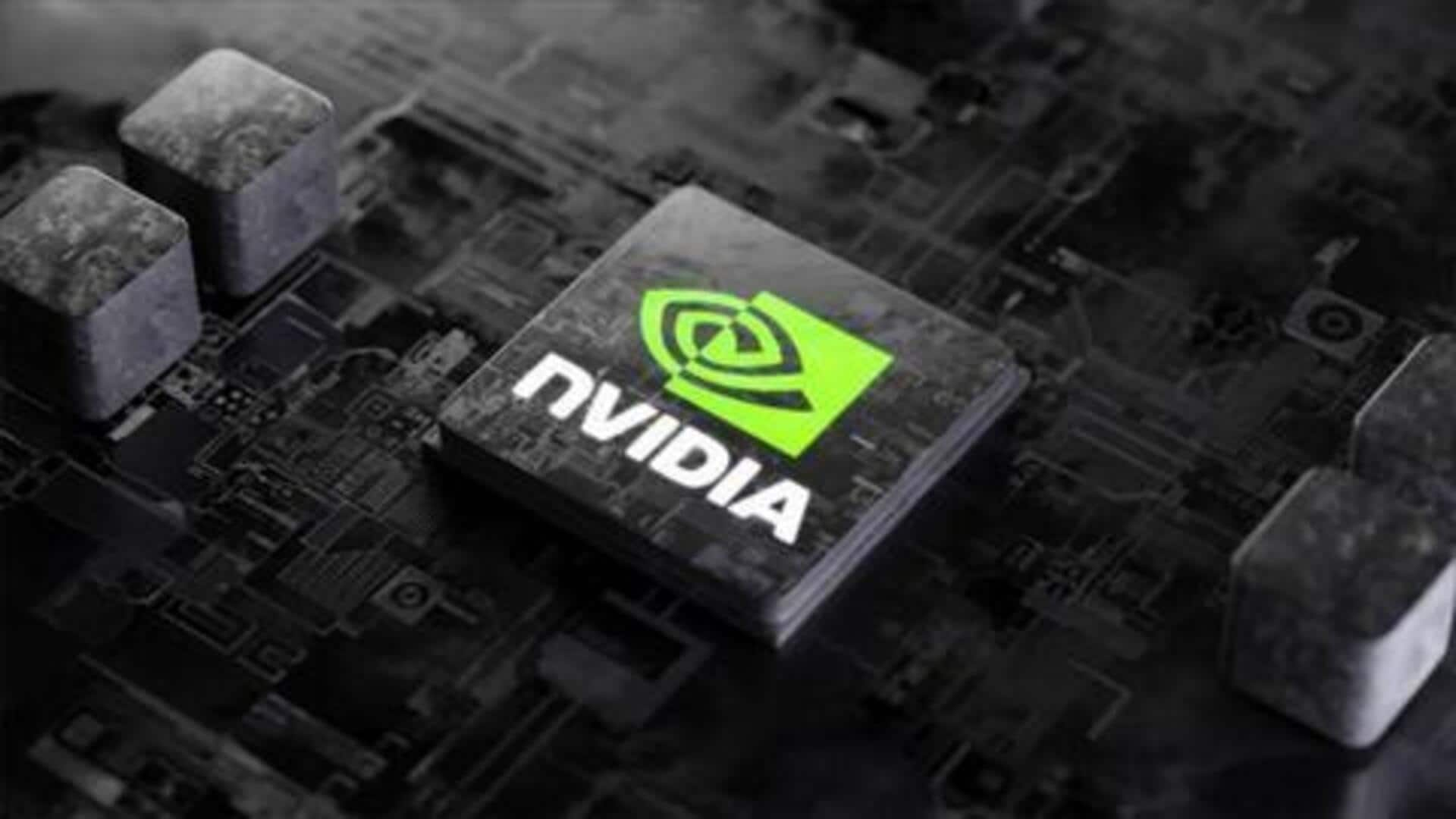
NVIDIA to sell tech that lets AI chips communicate faster
What's the story
NVIDIA, a significant player in the semiconductor industry, has announced plans to commercialize a technology aimed at improving inter-chip communication. The announcement was made by Jensen Huang, CEO of NVIDIA, at the Computex AI exhibition in Taipei. The new tech would accelerate chip-to-chip communication critical for developing and deploying artificial intelligence (AI) tools.
Innovation
A new chapter in chip communication
NVIDIA has unveiled a new version of its NVLink technology - NVLink Fusion. The advanced tech is aimed at enabling the creation of powerful custom AI systems by connecting multiple chips together. The company intends to sell this innovative tech to other chip designers, thus encouraging the development of robust AI systems with interconnected chips.
Partnerships
Marvell and MediaTek to adopt NVLink Fusion
Marvell Technology and MediaTek have also indicated their plans to leverage NVIDIA's NVLink Fusion technology for their own custom chip projects. This highlights the increasing acceptance of NVIDIA's innovative strategy in the semiconductor space. The NVLink tech, which NVIDIA developed years ago, is already being utilized in several chips like the company's GB200 model, which combines two Blackwell graphics processing units with a Grace processor.
Expansion
Evolution beyond graphics chips
From being just a video game graphics chip maker, NVIDIA has grown into a leading supplier of chips powering the AI revolution. This change in focus was emphasized by Huang during his keynote address at Computex. He spoke about NVIDIA's journey in building AI chips and systems, along with the software powering these technologies.
Roadmap
Future plans and new AI chip generations
NVIDIA is also designing CPUs compatible with Microsoft's Windows OS, leveraging Arm Holdings' technology. During the company's annual developer conference in March, Huang unveiled several upcoming generations of AI chips, including the Blackwell Ultra, which is set to launch later this year. Following the Rubin chips will be Feynman processors, which are scheduled for release in 2028.